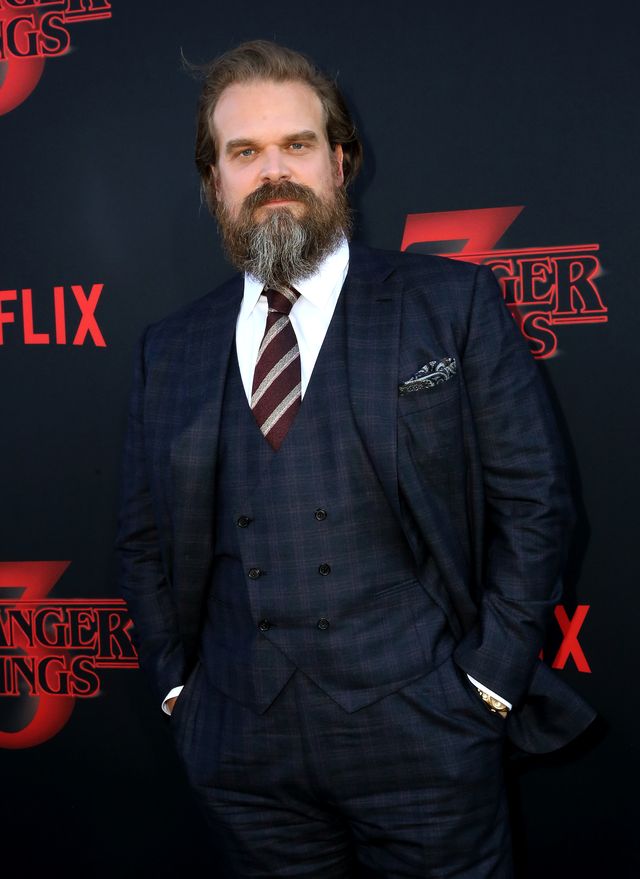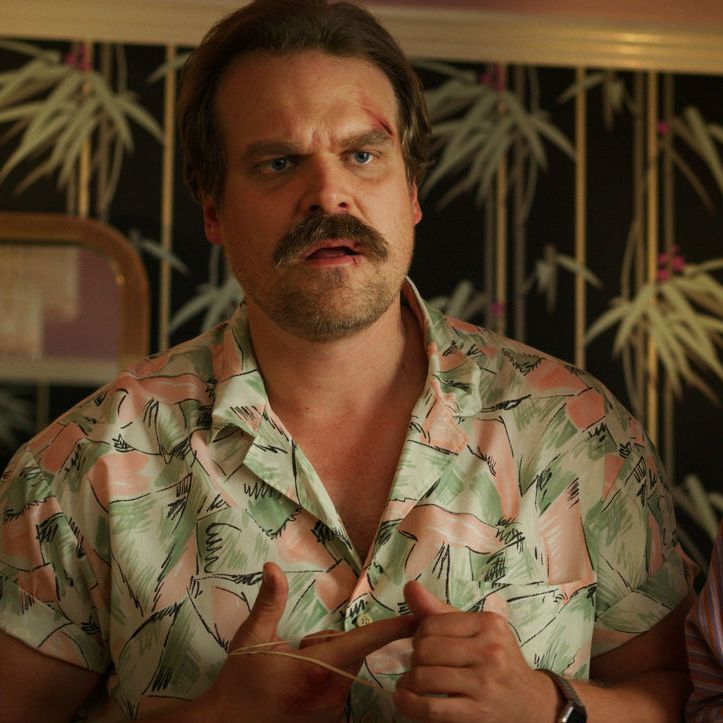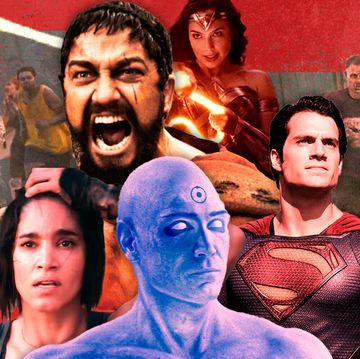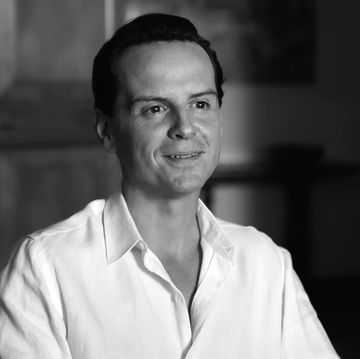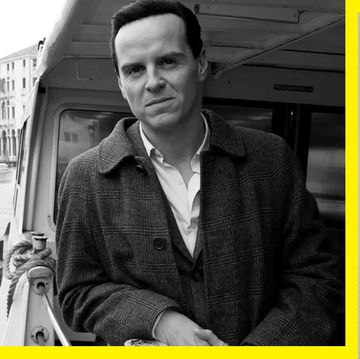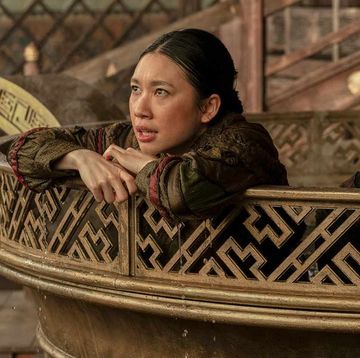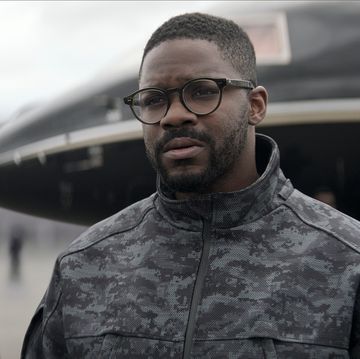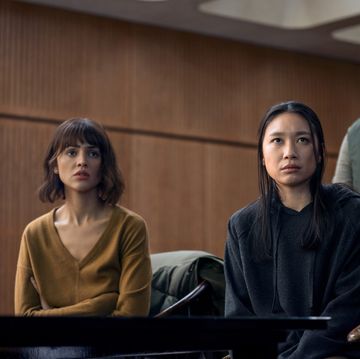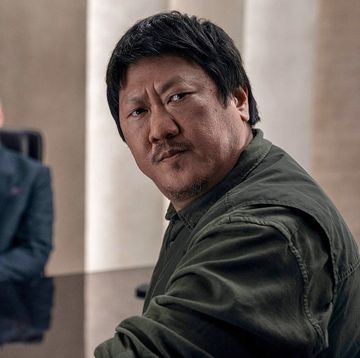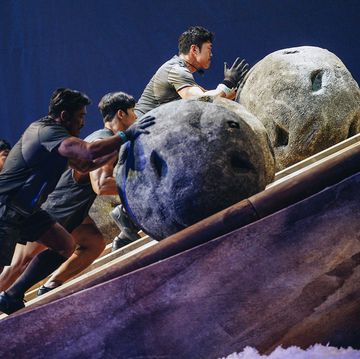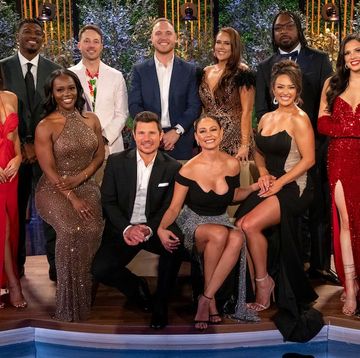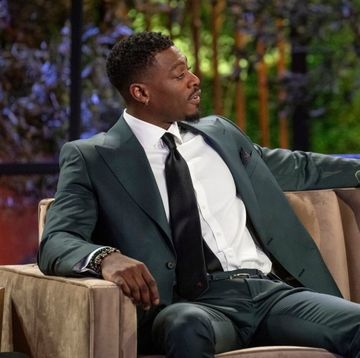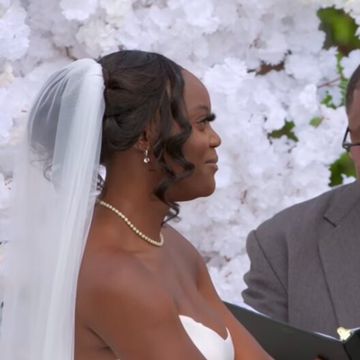This article includes spoilers for the third season of Netflix's Stranger Things.
Stranger Things 3 dropped last week and, along with the Mind Flayer and nefarious Russians, one of the many plot threads it picked up from previous seasons was the will-they-won't-they relationship between Joyce Byers and Jim Hopper. Wanting to ship Joyce and Hopper is understandable; these are two characters who have known each other since high school and share undeniable chemistry. Hopper has also proven time and time again that he wants to protect Joyce and her family. But that protective side of Hopper came across as a lot more possessive in the third season, and plenty of fans noticed.
First of all there was the character's rage over his adoptive daughter El's relationship with Mike. While this was initially positioned as a fairly normal parental gripe about the two teens spending too much time together, the way Hopper handled it (ignoring Joyce's advice to talk with the kids and instead scaring the shit out of Mike with a furious lecture) felt disproportionate to some viewers.
Then there was the way Hopper reacted when, after pressuring Joyce into agreeing to dinner and ignoring the signs that she wasn't ready to date after the death of Bob, she failed to show up. He got drunk, acted obnoxious as hell to the restaurant staff, and then berated Joyce the next day. And even after the two of them reconciled, his jealousy over Joyce's entirely platonic friendship with Scott Clarke kept rearing its ugly head.
Actress Evan Rachel Wood, whose character went through hell at the hands of various men in HBO's Westworld, knows a thing or two about toxic male behavior, and after watching Stranger Things 3 she tweeted that the way Hopper acts is not something people should seek out or emulate in their own lives.
While plenty of fans defended the character against criticisms of toxic masculinity, it sure does seem like the show's writers intended for Hopper's behavior to be at least partially condemned. Not to mention, just before the season dropped on Netflix, actor David Harbour promised fans a "bigger, badder Hopper," and said that his character would be "stubborn, miserable, broken, and reckless."
We don't need every character on television to be a paragon of respectful behavior: flawed, broken people make for great stories. But the last decade of antihero-led shows have led some viewers to deem these personality flaws as part of what makes a character "awesome" (just look at the number of grizzled protagonists who chug whiskey like it's water).
For a show that is so deeply steeped in nostalgia, it is sometimes worth remembering that not everything that happened in the Eighties was so great — including the way men were taught how to behave towards women. With the sexism in Nancy's storyline playing out so overtly, it would be pretty odd for viewers to dismiss or ignore Hopper's possessive, jealous behavior just because he happens to be one of the "good guys".
